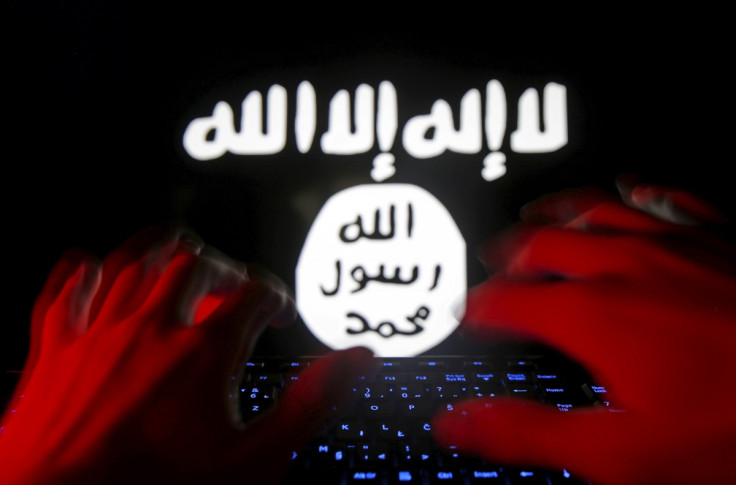Isis biggest fear for Americans, cyberattacks follow close behind: Pew survey

Americans fear the Islamic State (Isis) most, according to a recent survey. Cyberattacks figure second in their list of fears.
More than 80% of respondents feared the Islamic militant group posed a major threat to the well-being of the country, according to a recently concluded survey by the Pew Research Centre, while 72% thought cyberattacks, specifically from other countries, posed a great threat.
Climate change, over which serious concerns continue to be raised, featured a rather low sixth on the list with only 53% of respondents thinking it actually poses a threat to mankind. In contrast, concerns like Iraq and Syrian refugees, global economic instability and rapid spread of infectious diseases like Zika feature much higher on the list.
The survey was conducted mostly based on telephone interviews from 12 to 15 April among a national sample of 2,008 adults, all of whom were 18 years of age or older living across the 50 US states and the District of Columbia.
The perennial threat from cyberattacks
Incidentally, the two top concerns, IS (Daesh) and cyberattacks have come to be inter-related in many ways with the militant group using the cyber platform to plan their attacks and in many cases even pry on critical data of the US administration.
However, cyberattacks do not only emanate from the IS and its sympathisers. There have been many reported instances in the US of the alleged involvement of Russian hacking groups, North Korean groups, Chinese groups and even independent hacking groups belonging to other countries.
Many of these attacks coming from foreign soil are often referred to as cyber-warfare, where actual war is avoided but significant damage is done to the opposition country's assets through cyber tactics. A case in point is the Sony pictures hack in 2014 prior to the release of the movie Interview, which the US government and Sony claimed originated in North Korea.
Way back in 2011, the American government published a policy paper called the International Strategy for Cyberspace that outlined the right to use military force in response to a cyberattack. The Obama administration has also called cyberattacks "an increasingly serious cyber threat to US critical industries".
Most perpetrators of cyberattacks shield their identities, and there is no clear indication as to where these attacks originate from as the networks among these hacker groups are widespread. Moreover, there are counter groups like Anonymous that claim to be hacktivists and work for the public good, but some of their recent strikes like on the Black Lives Matters website has been criticised by many who say the Anonymous way is vigilante justice.
© Copyright IBTimes 2025. All rights reserved.





















